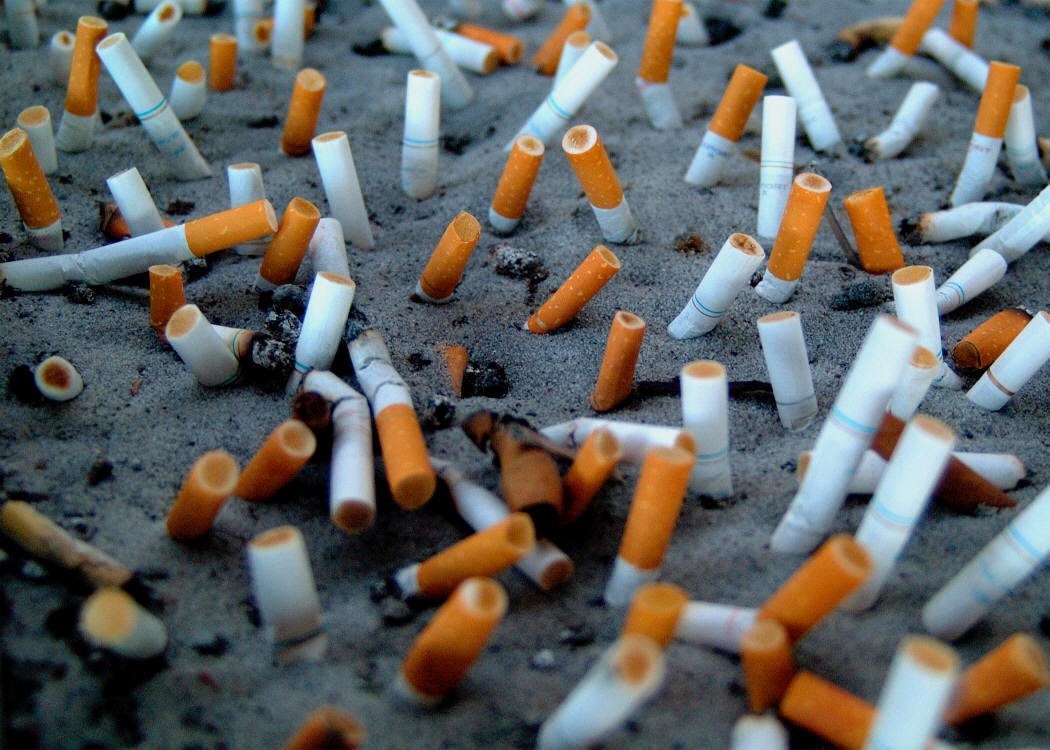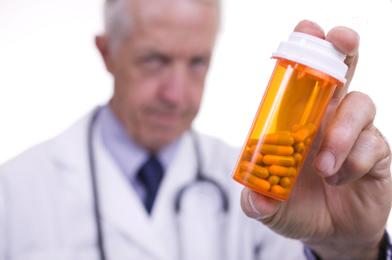Philip Morris Hit With Low Tar Lawsuit
Submitted by Anne Landman on
 The largest-ever class action lawsuit filed in New Hampshire history charges cigarette maker Philip Morris with using deceptive marketing practices to sell "Marlboro Lights" cigarettes. Plaintiffs say PM engaged in consumer fraud (pdf) by representing "Marlboro Light" cigarettes as having lower tar and nicotine than regular cigarettes, when in fact the tobacco was identical. The suit also alleges that PM developed a way to fool the Federal Trade Commission (FTC) smoking machines (that are used to measure tar and nicotine) into registering lower levels of tar and nicotine than smokers actually get when they smoke so-called "light" cigarettes. FTC uses the machines to determine whether cigarettes can be marketed using phrases like "Light," "Ultralight," or "Lowered Tar and Nicotine." The lead plaintiff in the suit, Karen Lawrence of Manchester, smoked an average of one-and-a-half to two packs of Marlboro Lights per day for 30 years, after switching from regular Marlboros, believing that light cigarettes carried reduced risks to her health. Plaintiffs are asking PM to refund the money they spent on Marlboro Lights, plus triple the amount of any actual damages, or $1,000 per class member. Members of the class include everyone in New Hampshire who bought Marlboro Lights since the company first started selling them in 1971.
The largest-ever class action lawsuit filed in New Hampshire history charges cigarette maker Philip Morris with using deceptive marketing practices to sell "Marlboro Lights" cigarettes. Plaintiffs say PM engaged in consumer fraud (pdf) by representing "Marlboro Light" cigarettes as having lower tar and nicotine than regular cigarettes, when in fact the tobacco was identical. The suit also alleges that PM developed a way to fool the Federal Trade Commission (FTC) smoking machines (that are used to measure tar and nicotine) into registering lower levels of tar and nicotine than smokers actually get when they smoke so-called "light" cigarettes. FTC uses the machines to determine whether cigarettes can be marketed using phrases like "Light," "Ultralight," or "Lowered Tar and Nicotine." The lead plaintiff in the suit, Karen Lawrence of Manchester, smoked an average of one-and-a-half to two packs of Marlboro Lights per day for 30 years, after switching from regular Marlboros, believing that light cigarettes carried reduced risks to her health. Plaintiffs are asking PM to refund the money they spent on Marlboro Lights, plus triple the amount of any actual damages, or $1,000 per class member. Members of the class include everyone in New Hampshire who bought Marlboro Lights since the company first started selling them in 1971.

 Drug maker
Drug maker  The
The